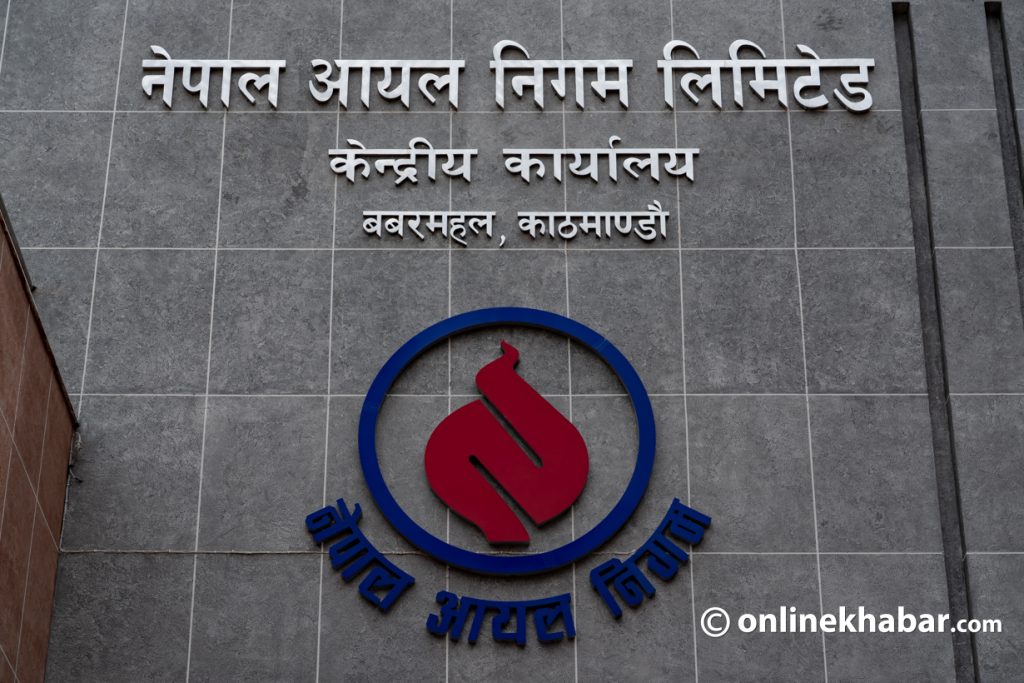For most youngsters in rural Nepal, there is little option. They complete school, bid their parents goodbye and they set off to work in vast concrete jungles abroad.
But a few, driven to contribute to their own country, choose the road less travelled, that too at the risk of perpetual economic deprivation.
Considering his level of education, and limited exposure to business, Dinesh Kumar Karki’s story is beyond exemplary.
After completing school, Karki, born and brought up in Bantibhandar, Ramechhap, instinctively saw his future in agriculture. Despite the topographical difficulties in the hilly village, he managed to cultivate cardamom on a fertile patch of land with the help of some farmers from the Eastern region, where cardamom farming has been popular for a long time.
Thus began alaichi farming for Karki.
Thirteen years later, Karki finds himself running a 300-kilogram per year production enterprise, cultivated on over 50 ropanis of land, employing over one hundred seasonal workers and contributing to a booming 7.5 million-rupee industry in his ward alone.
The cardamom market is such that businessmen come to his village to buy their produce, and set a price for it. They do not even have to worry about transporting the cardamom to the market.
“People here have benefited a lot from this enterprise,” he says.
Karki recognises and reflects on the problems of modern-day agriculture. Beside the obvious technical issues, he is worried about the stigmatisation of agriculture.
“We are earning more than in the past. I think the industry in my village alone earns Rs 1o million in profits every year.”
What is truly exemplary about Karki, is his vision. In addition to running a successful enterprise, he also serves as director at the Bantibhandar Bahusahakari Sanstha, an organisation he founded 12 years ago to promote the modernisation of farming, low-interest loans and training to farmers.
Karki recognises and reflects on the problems of modern-day agriculture. Beside the obvious technical issues, he is worried about the stigmatisation of agriculture.
“The current generation perceives agriculture as something that people of ‘low standard’ and ‘low education’ engage in. They prefer menial jobs abroad rather than living in villagers here. This mindset is wrong and needs to be addressed.”
He is also critical of the lack of support from government institutions associated with agriculture. “I am also concerned about the lack of grassroots level policy integration. The government makes policies and laws but they are never enacted at the grassroots level in rural areas.”
“I myself have taken my business forward without having received a single penny from the concerned institutions,” says Karki, one of the top ten entrepreneurs of the Daayitwa Enterprise Challenge, conducted in collaboration with YSP-Nepal.
“But the satisfaction you get from the business makes it all worth it!”
(The author is associated with Daayitwa.)






















